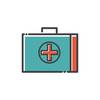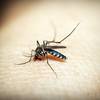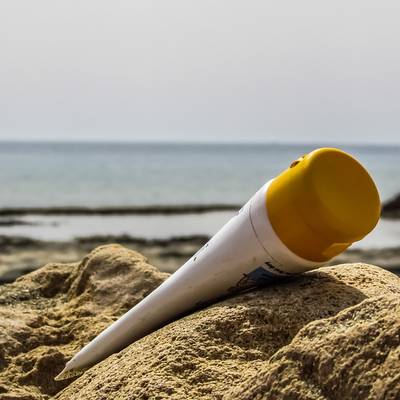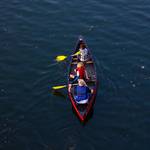General
Transport
People
Accomodation
Food & Drink
Sightseeing
Legal
Money
Safety & Health
 Is Sri Lanka safe to visit?
Is Sri Lanka safe to visit?
 What is dengue fever and how can it be avoided?
What is dengue fever and how can it be avoided?
 Is it easy to get medical help in Sri Lanka?
Is it easy to get medical help in Sri Lanka?
 I'm afraid of snakes. Are there any snakes in Sri Lanka? Can you find snakes in hotels?
I'm afraid of snakes. Are there any snakes in Sri Lanka? Can you find snakes in hotels?
 Is Sri Lanka safe for solo female travelers?
Is Sri Lanka safe for solo female travelers?
Family travel

Should I take any health precautions when traveling to Sri Lanka?
Sri Lanka is less challenging from a health point of view than many other tropical countries: standards of hygiene are reasonable, medical care is of a decent standard and even malaria has now been eliminated. Nevertheless, the island does play host to the usual gamut of tropical diseases, and it’s important to make sure you protect yourself against serious illness.
Simple health precautions to take include:
Be up to date with the following vaccinations: diphtheria, tetanus, hepatitis A. Other jabs you might consider are tuberculosis, meningitis and typhoid.
Avoid drinking tap water. Although chlorinated and generally safe, unfamiliar micro-organisms can lead to upset stomachs. Also avoid ice.
Stick to hot food that has been freshly prepared; avoid salads (likely washed in tap water) and food that has been sitting out for some time.
If you have diarrhoea chances are it’s food or drink related and will only last a few days. Stay hydrated and take oral rehydration tablets if the problem is severe. Get medical help if you have diarrhoea that persists longer than five days, if there is blood in your stools, or you have a fever – possible symptoms of giardiasis or amoebic dysentery.
Try to avoid being bitten by mosquitos – they can carry diseases such as dengue fever and Japanese encephalitis.
Wear light-coloured clothing that covers you and sleep under a net. Repellents in spray form, mosquito coils, as well as plug-in devices, are available.
Use sunscreen and wear a sun hat and sunglasses to protect against harmful rays and possible heatstroke.
If bitten by a snake get medical attention immediately. Wear proper shoes or boots, socks and long trousers if walking through heavy undergrowth.

What legal problems might I face in Sri Lanka as a foreigner?

What do I need to know about driving in Sri Lanka?

Do people in Sri Lanka speak English?

Can I drink tap water in Sri Lanka?

What to do in Sri Lanka?
